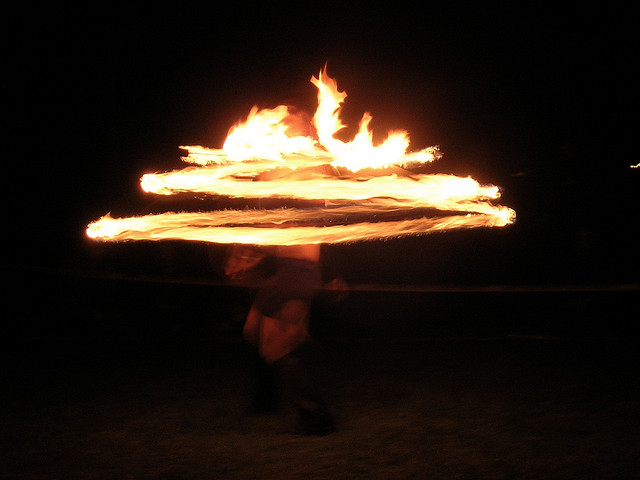Tag: Deity
-

Is Hard Polytheism Incomplete?
I think that hard polytheism is incomplete. I think that there is an underlying unity in all things that hard polytheism — at least, the hard polytheism I see presented most often within my own tradition, ADF — does not take into account. This became clear to me when I began to read Saraswati Rain’s […]
-

How Do We Talk About the Workings of a Goddess?
How do we talk about the workings of a Goddess? Sometimes we don’t. Well, not at length anyway. This week I’ve been in the middle of intense songwriting work, all of it very rewarding. But as I wrote on my music blog, #allofthesongs, there are times when it is valuable not to speak about what […]
-

I Spotted Thor Down at the Quik Mart
In a recent discussion with a group of Pagans about the development of an American pantheon for use in ADF ritual, someone said this: “When we look at historical evidence to find the ancient deities, we look at what was left behind and what survived for long periods of time, such as the stories that […]


